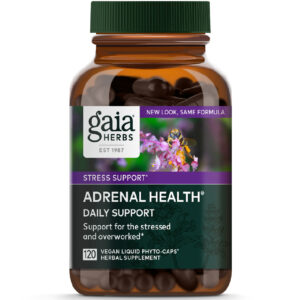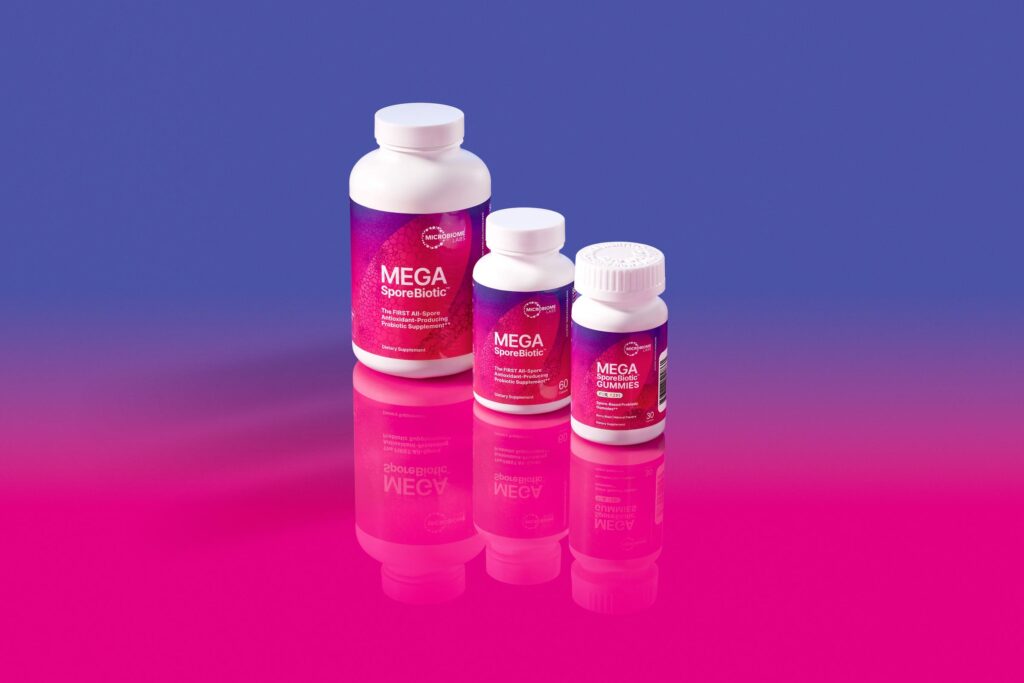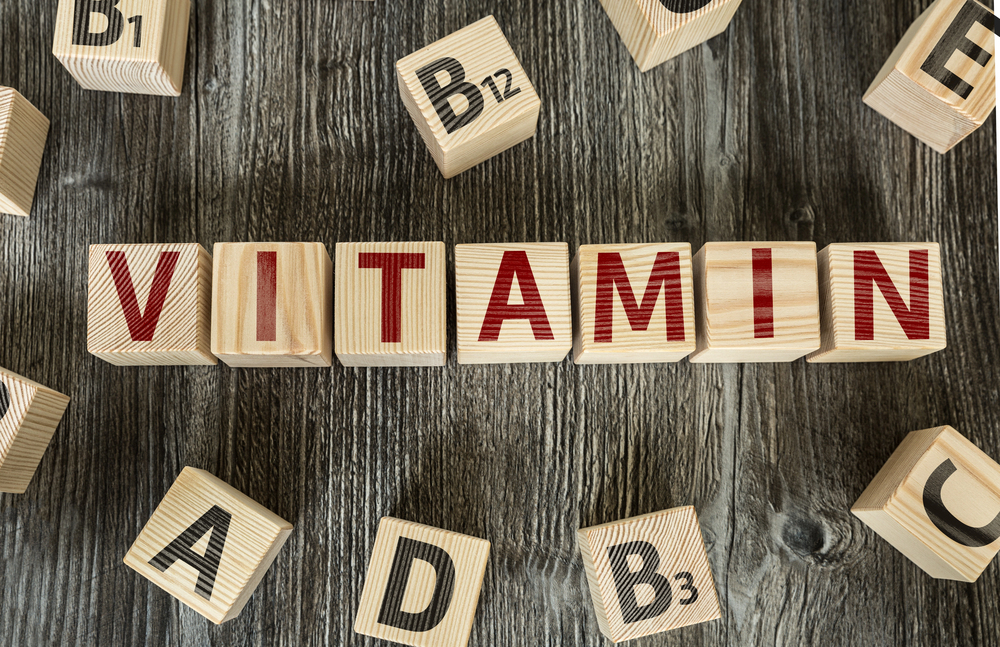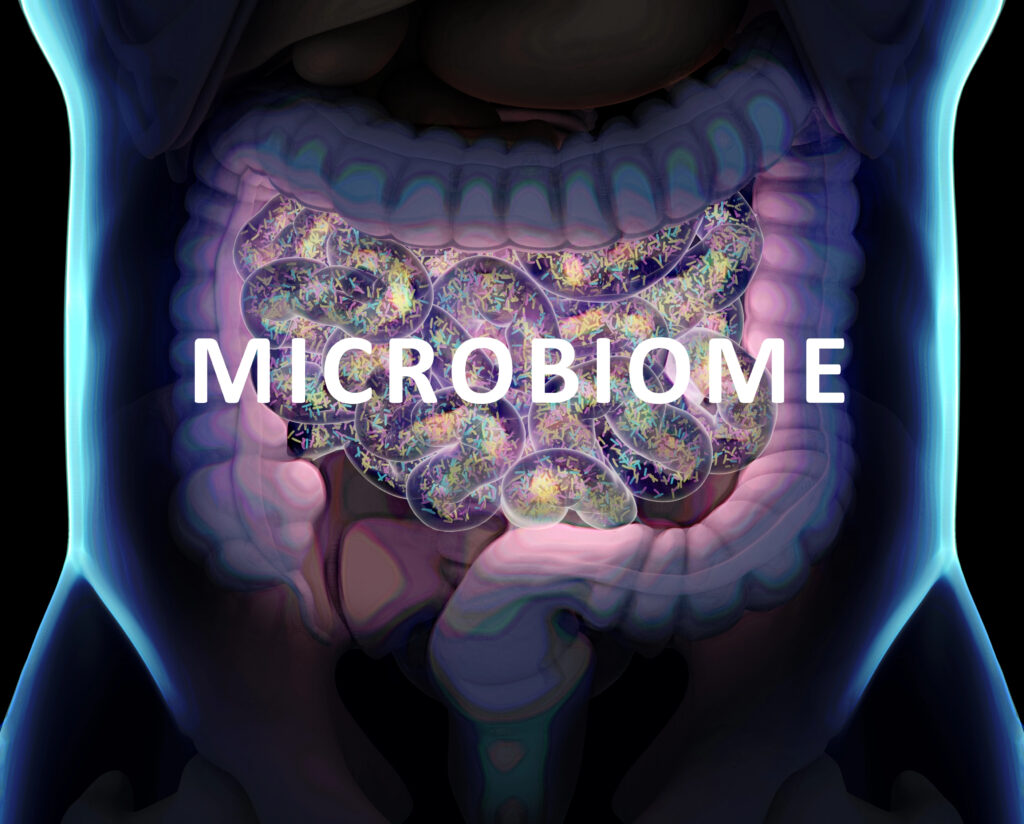Perimenopause, the stage in a woman’s life prior to menopause, typically begins between the ages of 45-55. This stage is marked by a gradual reduction in estrogen and progesterone, the primary reproductive hormones in women. Attaining balance in perimenopause is essential to experiencing menopause in the most positive way. As one practitioner I know puts it, “You can’t have a happy ending to an unhappy journey.”
As the ovaries reduce their production of estrogen and progesterone, the adrenal glands become their primary source. Hence, healthy adrenal glands are crucial to balance in the perimenopausal period. Since the adrenal glands are also involved in your response to stress, excess stress can interfere with already reduced hormone production.
Typically, progesterone production decreases first, followed by a decline in estrogen production. If you are producing too much cortisol in response to stress, this can block the production of progesterone by the adrenals, thus worsening the problem.
The resulting imbalance in the Progesterone to Estrogen ratio, along with lower overall hormone levels, can lead to symptoms in many women. These symptoms can include increased anxiety, “brain fog”, changes in weight, hot flashes & night sweats, and mood swings/irritability.
Here are three ways to support your adrenals during perimenopause:
1. Stress Management
Prioritize stress management techniques to support adrenal health. Options include mindfulness practices, spending time outdoors, listening to soothing music, massage, or engaging in light exercise. During period of acute or chronic stress, focus on less intensive exercises such as walking, Pilates, light weight training, or similar activities that won’t further burden your system.
2. Supplementation
Supplements can enhance hormone balance and provide targeted nutritional support.
The herb Chaste Tree Berry, also known as Vitex, can promote progesterone and hence be helpful in perimenopause. Remember that progesterone usually declines first, so it is especially helpful in early perimenopausal symptoms.
Vitamins required for proper functioning of the adrenal glands include B5 (Pantethine) and B6 (in the Pyridoxal-5-Phosphate form). A B-complex can satisfy the need for these, just make sure you are getting a minimum of 25mg of each.
Inositol can be helpful for this experiencing mood changes. It enhances cell-to-cell communication in the brain and is thought to be involved in neurotransmitter synthesis. It can sensitize serotonin receptors, improving mood. It can also promote the release of GABA, a calming neurotransmitter.

Adaptogenic herbs provide support for the body in myriad ways and are especially effective in promoting healthy stress response. These herbs include ginseng, rhodiola, schisandra, milky oats, holy basil, eleuthero, ashwagandha, and others. It is often beneficial to get a formula that includes several of these herbs, or to alternate their use. If stress could be a contributing factor in perimenopause symptoms, these herbs are a great place to look for relief.
If you have experienced chronic or severe acute stress and the adrenals are exhausted, use a formula with adrenal cortex that can directly bolster the gland. Herbs like licorice can also increase cortisol production if needed in the case of exhausted adrenals. Avoid licorice, however, if you have high blood pressure.
3. Diet
A balanced diet is crucial for healthy adrenal function. Include whole grains, vegetables, low glycemic fruits, high quality proteins, and healthy fats in your meals. Avoid foods that can potentially exacerbate perimenopausal symptoms such as refined sugar, processed foods, inflammatory oils, caffeine, alcohol, and gluten-containing foods (for some people).
Follow these top strategies for healthy hormone balance in perimenopausal and beyond. Remember that managing stress and keeping the adrenal response healthy can ease this natural transition!



